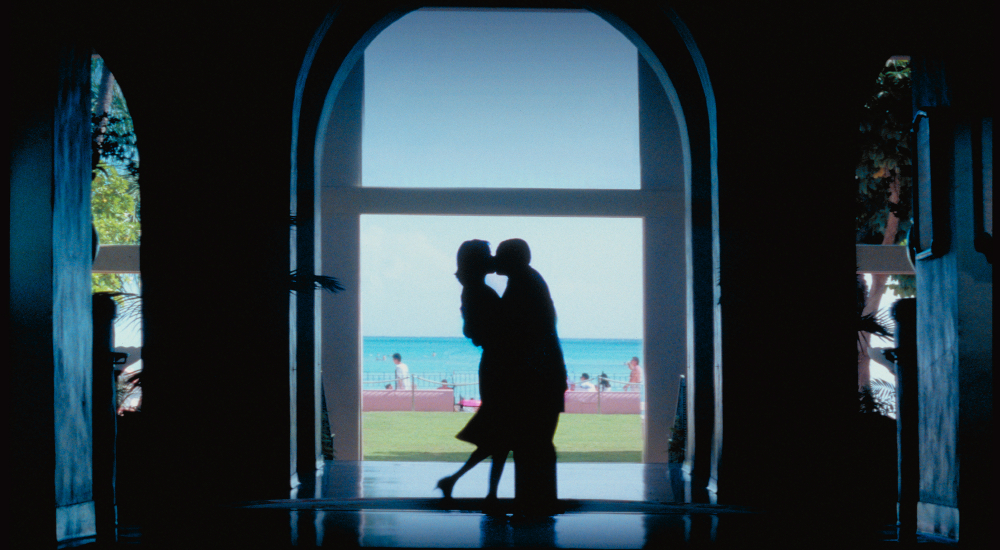The Criterion Collection has announced their November releases, and they continue their celebration of Japanese film. They've also got two of the most celebrated movies of the 2000s and the only directorial effort of Marlon Brando.
After their upgrades to Zatoichi and The Story of the Last Chrysanthemum, Criterion keeps fans of Japanese cinema happy with their box set of Lone Wolf and Cub, which pushed the boundaries of film violence in the early '70s. The three-disc set includes all six films, remastered in 2K. Also on deck is Dreams, one of Akira Kurosawa's final films. The series of vignettes were all based on visions the filmmaker had throughout his life, as well as Japanese folk tales. It's not his most cohesive film as a director, but it's among his most inventive.
Marlon Brando only had one film as a director in his long and storied career, the Western One-Eyed Jacks. He made it early in his career, a full decade before he became the Godfather. The cast includes Karl Malden and Slim Pickens. The film was recently restored by the Film Foundation under the supervision of both Steven Spielberg and Martin Scorsese.
Finally, two of the most acclaimed films of the 2000s make their proper high-def debuts. Punch-Drunk Love, P.T. Anderson's romantic comedy, won Best Director at the Cannes Film Festival but failed to find much love stateside at the time. Everyone agreed it was Adam Sandler's best performance ever, but the film's narrower focus felt like a step back from Anderson's widescreen epics. But it's aged very well and will finally be available on Blu-ray for the first time. Noah Baumbach's The Squid and the Whale received an Oscar nomination for Best Original Screenplay, but lost to Crash. The hilarious but sometimes uncomfortable comedy focuses on a kid (Jesse Eisenberg in one of his first roles) navigating life after his parents (Jeff Daniels and Laura Linney) decide to divorce.

